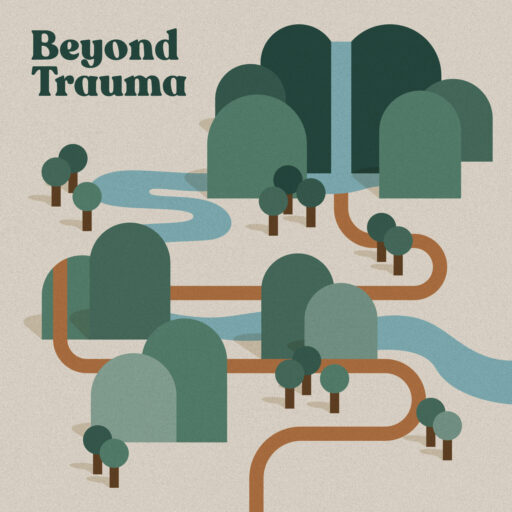Ep. 26: Recognize (RUAC)

Listen in to hear Jen and Bridger talk in-depth about recognize, the R in RUAC.
Missed episode 25? Listen here to learn more about R.A.U.C.
Recognize
- First, learn to recognize what dysregulation looks like in ourselves and others.
- Recognizing isn’t just a thinking experience but also includes body responses.
- Second, start to get curious about what the feelings in your body are trying to communicate.
- Third, we can start to watch how certain situations might cause activation within our bodies and learn other’s activation patterns.
- Note, Making others aware that you’ve recognized their activation can cause a spectrum of responses.
Slowing Down
- Take the time to sit with yourself and notice how you’re feeling.
- Simply noticing and putting words to the patterns or feelings of activation rather than jumping in with defenses, accusations, assumptions, or interpretations.
- Learn to recognize the people and situations it’s safe enough to show your vulnerable parts to.
What feelings were not okay to have while growing up?
- Elicits a visceral response in the body
- Take inventory of what physical sensations feelings bring up in your body.
- Learning the meaning of bodily cues takes time.
- Activation exists in outward and inward, more shutdown, expressions.
Recognize Your Window of Tolerance
- The goal isn’t to avoid overwhelming feelings
- Instead, the goal is to learn what sends us in what direction and how we handle it when that happens
- Over time, through this recognizing process, we can begin to broaden our window of tolerance
- With this broadened window, we can move through emotions with flexibility.
- Therefore, when activation occurs, we become aware of it, then bring ourselves safely back to that window.
Homework:
- First, try to recognize your activation
- What do I feel right now?
- Where do I feel it in my body?
- What’s coming up for me at this moment?
- Then, as you get more curious and familiar with that, you’ll naturally be able to start noticing and recognizing other people
- In a safe relationship, try to point it out
- “Hey, I noticed something new. Is it okay if I talk to you about this?”
- “I’m curious about this. Can we explore that together?”
Find out more about our trainings!
Interested in one of our retreats? Contact us here!



